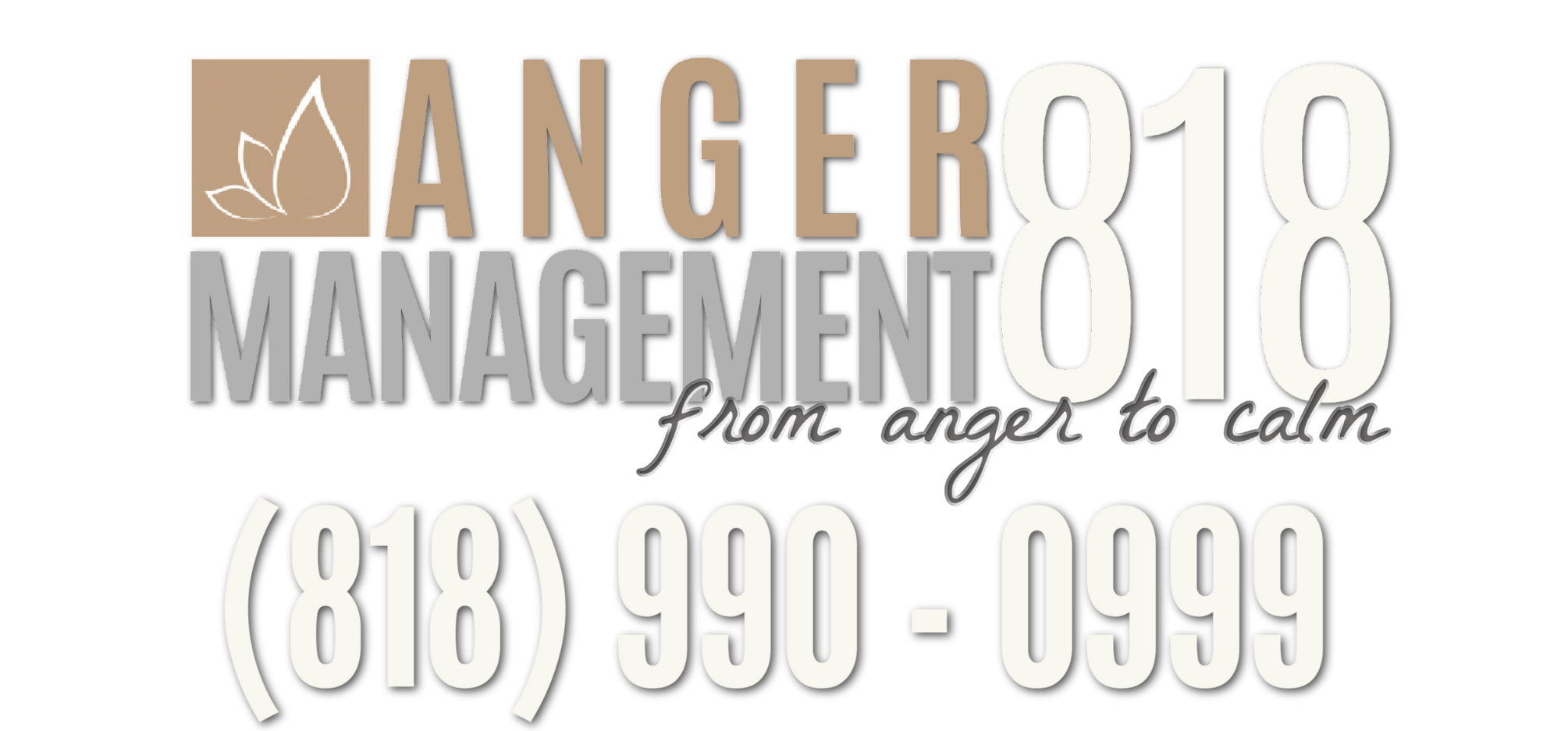The following are a series of thought patterns that can lead a person to anger if he/she is not aware of what is occurring and does not take steps to disarm them:
- You think that people misunderstand you or do not listen to you much of the time?
- You constantly think of things you could have or should have said or done better?
- You often judge what others could have or should have said or done better?
- You habitually think of ways that people have hurt, embarrassed or blamed you?
- You can’t help thinking that others are talking about you behind your back?
- You cannot stop suspecting that others do not want you to succeed and are working against you?
- You blame others for the plight in which you find yourself now or found yourself before?
- You think that “if only people saw it my way—the right way—things would be much better (i.e. , you would be in your comfort zone)?”
- You have to control what others do, so that things turn out the way they are supposed to (to your advantage)?
- You think, “I have the right to get mad if you don’t do what I want you to?”
- You believe that you do not have a choice and have to react to various stressors by getting angry?
- You are sure that getting angry is a useful tool for intimidating people and getting your way?
- You are afraid for your safety or that of a loved one and immediately go into “fight” (flight, freeze) mode?
- You think that you are entitled to do or have things that others are not; and if you are not allowed to do/have it, that you have the right to demand it?
- You often believe that you are owed something and don’t understand why others don’t see it?
- When you are waiting in line and someone cuts in, or if you think that someone is getting preferential treatment at your expense you get angry.
- You believe, but won’t admit, that certain rules should be followed by others, but that you are an exception?
- It feels like a personal attack when your significant other is with someone else for any reason or has gone somewhere without telling you and you think of ways to punish her/him?
- You are constantly going over stories in your mind that you have told or will tell others, so as not to be caught in a lie.
- You hold grudges or find it impossible to forgive certain people?
- You get frustrated quickly and lose hope that things will get better?
- You have pictured in your mind what it would be like to harm or kill yourself or another person?
Michael L. Hecht, MA, MFT, 8/30/2011



